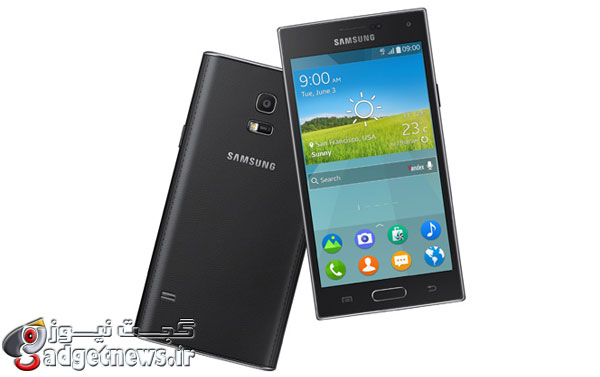
پروژه تایزن سامسونگ، بیش از آنچه کاربران تصور میکنند با تاخیر مواجه شده است. اگرچه سامسونگ برنامههای زیادی برای عرضه دوربینها و ساعتهای هوشمند مجهز به این اپراتور برپایه لینوکس داشته اما این شرکت موفق نشده تایزن را در جایگاه اصلی خود یعنی گوشیهای هوشمند به بازار عرضه نماید.
همزمان با معرفی سامسونگ زد، گوشی هوشمند تایزنی در ابتدای ماه ژوئن، به نظر میرسید بالاخره شاهد عرضه گوشیهای تایزنی سامسونگ باشیم. این شرکت کرهای اعلام کرده بود این گوشی هوشمند ابتدا به بازار روسیه وارد خواهد شد. زمان اعلام شده 19 تیرماه بود که اکنون و با سپری شدن این زمان، بازهم خبری از این گوشی هوشمند نشد.
در اظهار نظری رسمی، شرکت سامسونگ اعلام کرده این گوشی هوشمند در زمانی دیگر و پس از آنکه این شرکت توانست برنامههای نرمافزاری بیشتری را برای سیستمعامل آن آماده و مهیا سازد به بازار عرضه خواهد شد.
عرضه این گوشی هوشمند به بازار روسیه مطمئنا برای سامسونگ کار چندان سختی نخواهد بود اما رقابت اصلی در غرب، یعنی در جایی است که اندروید و IOS، سهم عمده بازار گوشیهای هوشمند را کسب کرده و اعتماد کاربران را به خود جلب کردهاند.
منبع : androidauthority
Samsung’s Tizen project has been through more delays than we care to remember.
Sure, Samsung managed to get out some cameras and smartwatches running the Linux-based operating system, but the company failed to put Tizen where it really matters, on a smartphone, preferably one that customers can buy.
When the Tizen-powered Samsung Z was announced at the beginning of June, it seemed that Tizen was finally about to make its grand entry. Samsung said it would first put the Z on sale in Russia, with the official launch event set for July 10, at a Tizen developer summit in Moscow.
July 10 has come and gone, with no news of the Samsung Z’s market availability. As the Wall Street Journal reports, the developers present at Samsung’s conference were expecting “market-ready products” and an actual launch date, but all they got were promises.
“The smartphone will appear on the Russian market later, when we can offer our users a fullest portfolio of applications,” said Samsung in a statement.
The launch was postponed just days before the developer conference, according to the WSJ. The cancellation brings to mind a similar misstep from January, when Japanese retailer NTT DoCoMo decided to cancel its first Tizen devices at the last minute.
For what is worth, Samsung may still keep its promise to launch the Samsung Z in Q3 2014, though the motivation for delay – to allow devs to create more apps for the platform – doesn’t bode well for the project.
Samsung’s struggle to get its new OS off the ground illustrates just how hard it is to break into a market where one player holds 80 percent of the pie. And Russia may be one of the easier markets for Tizen to enter – the challenge is even more daunting in the West, where Android and iOS already have firm grips over the saturated markets.
 گجت نیوز آخرین اخبار تکنولوژی، علم و خودرو
گجت نیوز آخرین اخبار تکنولوژی، علم و خودرو 




